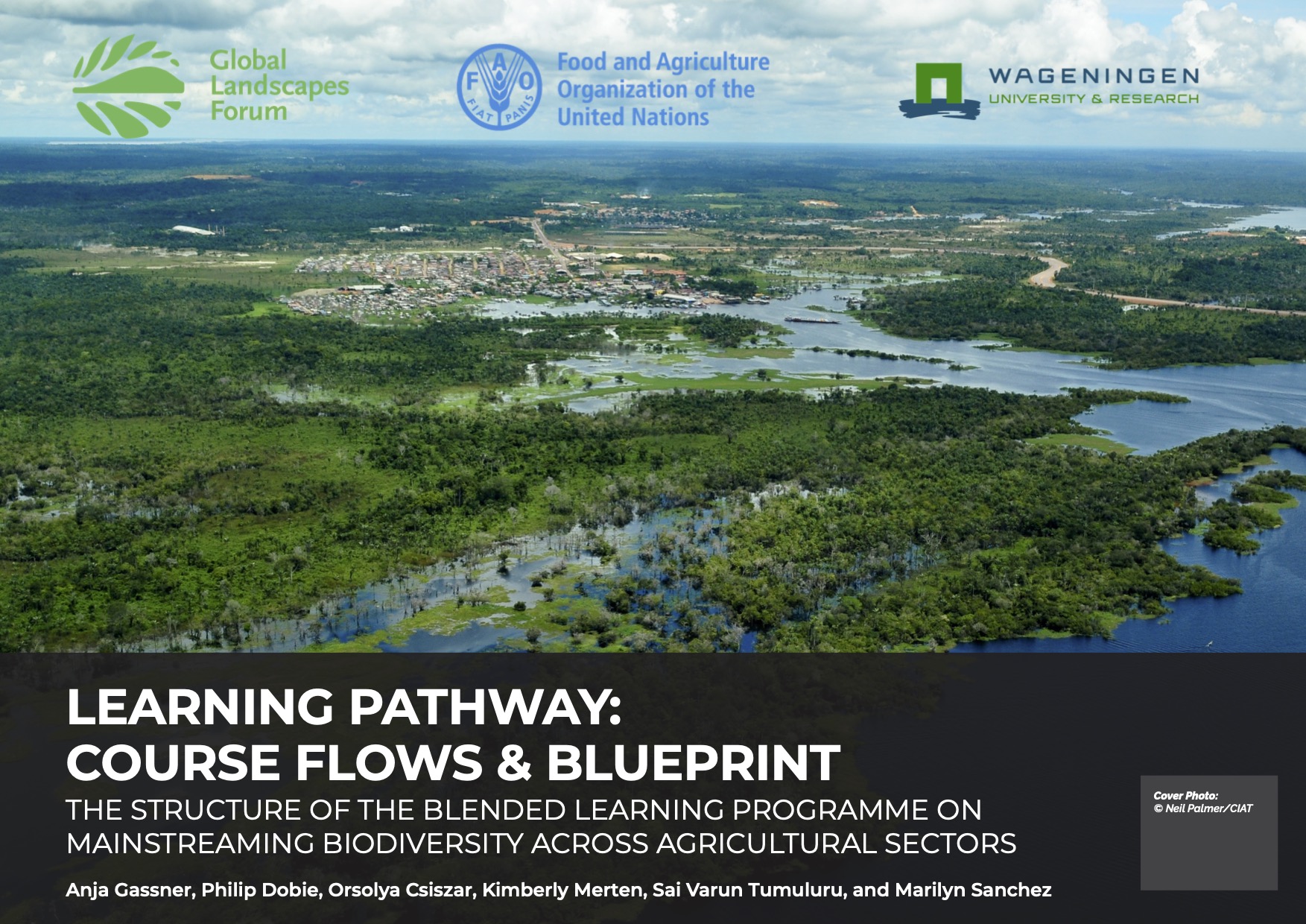Extraction practices of NTFPs without introducing its domestication techniques have the potential to cause the extinction of the particular product or species. Currently, techniques to domesticate NTFPs under agroforestry systems have been explored, with two examples of economically valuable NTFP commodities are Trigona bee (Trigona sp.) and Bambu Tabah (Gigantochloa nigrociliata). Although techniques for its domestication have been identified, not much farmers know and understand how to domesticate the commodities. Government extension services are not yet disseminating information on NTFPs domestication, alternatives extension services approaches need to be explored to widespread information on NTFPs domestication to farmers. Learning centres can be one of the approaches that can support the dissemination of NTFPs domesticaion. This study was conducted to explore potentials of learning centres to support NTFPs production from agroforestry systems. Two case studies were taken, i.e. Trigona in Gunungkidul District and Bambu tabah in Lombok Tengah District. Information was collected to explore the potential adoption level of domestication techniques introduced by the learning centre, through interview with 60 learning centre visitors in Lombok Tengah and 55 in Gunungkidul. The study showed that learning centres increased the adoption potential of the NTFP domestication, particularly through facilities that were given to the community to be tested in their own plot. However, farmer's accessibility to visit the learning centres are still limited. Government supports is needed to enhance farmers' accessibility and development of learning centres as part of their forestry extension services programs for enhancing production of NTFPs as sources for local livelihoods.
DOI:
https://doi.org/10.1088/1755-1315/449/1/012052
Altmetric score:
Dimensions Citation Count:
























